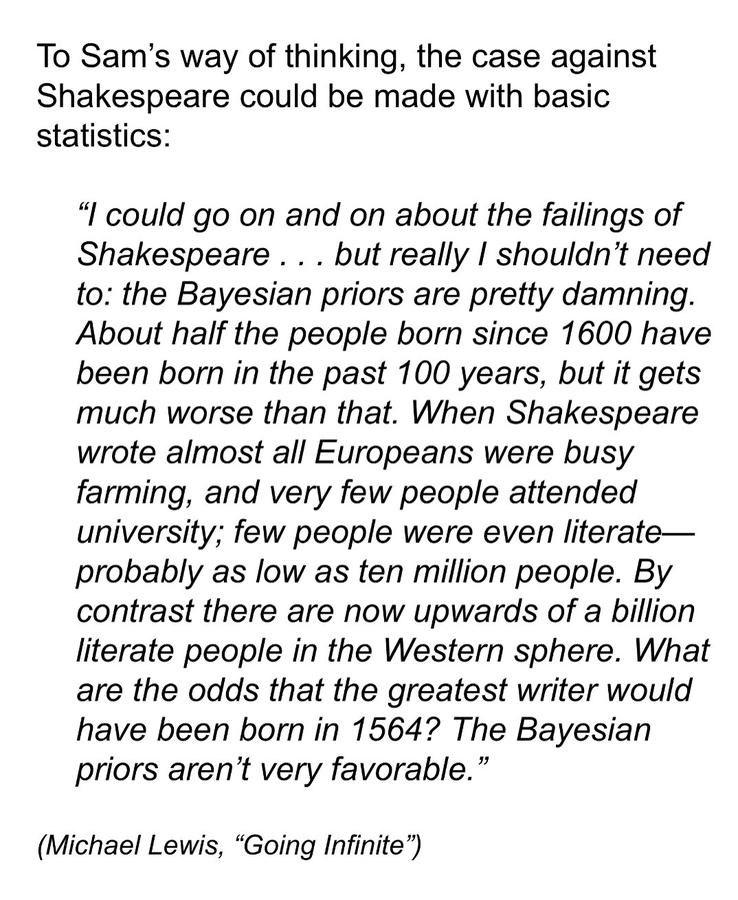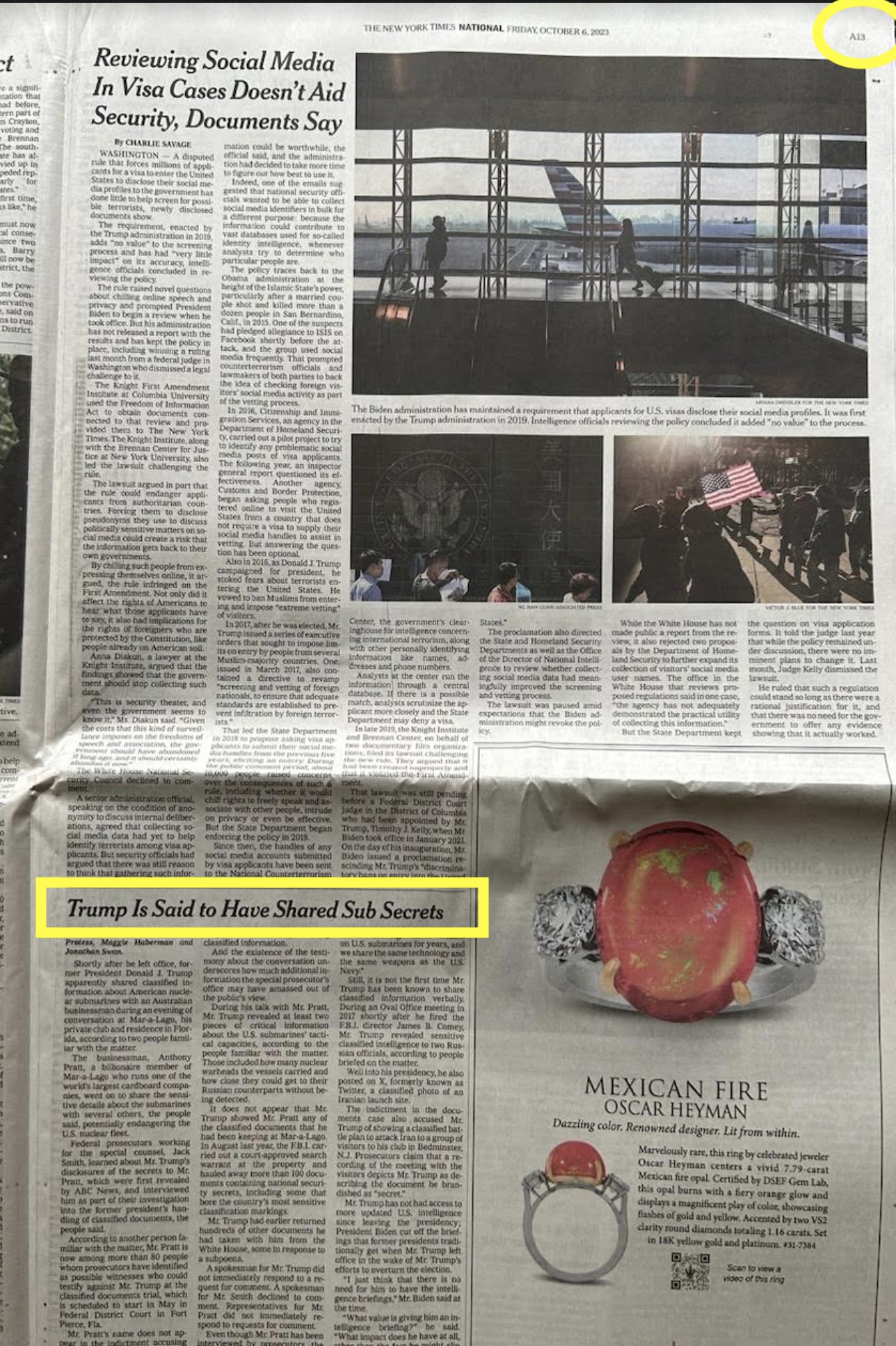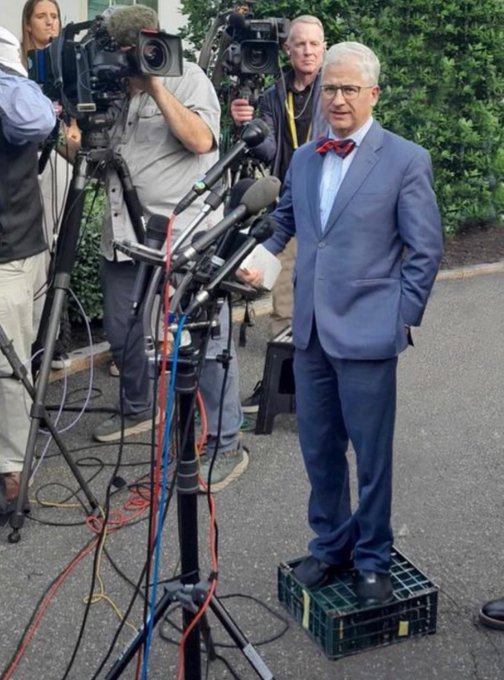This is Joseph.
So we all know that housing in Canada is berserk. Vancouver is less affordable than any city in the
United States and Toronto is right next to Los Angeles and San Diego. But this understates the issue, more Canadian live in big cities than Americans and the average home price in Canada is now
double that of the United States, a country with higher per capita incomes. But we will use Ontario as the easiest example, as BC is small and Ontario is 40% of the country's population.
So why is it so over priced?
I have found a number of explanations, but to give the punch line away: everybody focuses on zoning (YIMBY) and not the other (likely more effective levers). Let's talk about a few.
First,
money laundering. It is never a good sign when the market with the greatest price inflation in your country also has a method of money laundering actually
named after it. It involves casinos, another Canadian idea that is daft. Raising revenue via casinos became legal in Ontario (for example) in 1985 as a revenue raising method that fed addiction, fueled urban blight, and appears to have opened up doors for corruption. Eventually people will notice and it would be better to get ahead of this one. It definitely beats zoning as an issue.
Second,
property taxes. Property taxes in the small city of Sudbury are 1.59%. In downtown Toronto is is 0.63%. I am not
joking. Here is the map from
Twitter:
It's just crazy. Even a mid-size city in Southern Ontario (London) has a rate of 1.42%. Low property taxes drive price appreciation and starve the city of money. The city of Toronto has been asking the
Federal and
Provincial governments for tax revenues to fund their one billion dollar shortfall. Property tax brings in 3.93 billion and a small increase in it could leave Toronto with atypically low property taxes
and no revenue problems. This is a self-inflicted wound.
Third,
immigration. Ontario universities are underfunded and they are using the high fees of
international students to cover operating expenses. Some colleges are 80% international now, which is fine, except that it aggravates a housing crisis. In 2022, Canada admitted 437,000 immigrants by, by 2019, had 642,480
international students, with
news reports suggesting over 800,000 in 2022, meaning Canada is drawing near the to the US total. The number of temporary workers
jumped by 50% between 2014 and 2019 to 2.1 million. Between 2022 and 2023, the total was
1,158,705 people (+2.9%). If you want brisk population growth that can be a good thing, but probably best to plan housing at the same time.
Fourth,
development taxes and complex building rules. Ontario is currently increasing
development charges by 9.33% in the GTA to cover the cost of growth. The same is happening in
Vancouver, with the real issue being that low property taxes mean you need to pass costs on to new construction (Vancouver makes Toronto look like amateurs with a
0.24683% property tax rate). Even when the government tries to improve matters, they do it by increasing
micromanagement and red tape -- which is a very optimistic view of government capacity to centrally management so many complex processes. It can't help that Vancouver now has the
highest construction costs in Canada despite the lowest property taxes. Add in
fast changing rules which make investment annoying) and you have a great way to discourage creating new units:
There is also the sunk cost of the nine steps of paperwork going back and forth:
The whole thread is interesting (and well worth the read) for how many separate reports are needed, how much this all costs, and how often the city time targets are missed. One can imagine how this depresses the housing supply (just time of renovating an apartment). You can claim that safety is important but the $750 for an arborist report for an internal renovation seems like a sub-optimal plan. The energy report also seems like a strange requirement. It just eats up money and time for housing improvements and cannot but increase costs.
Now look at this article
here on comparative construction times. In 2020, Canada ranked 34/35 among countries for permit times, managing to just barely beat Slovakia and tripling US times. Now, the article was from a contractor but the statistics, themselves, just continue to support this narrative.
Fifth,
tech companies. This is AirBnB. I am generally skeptical that these really
increase rents (many, many examples of this) but they do seem to have some
tax advantages in Canada as compared to
hotels. Generally, this looks like a small effect that just barely is not zero. But worth noting in passing.
Finally,
zoning. This one gets the most attention. This is the pet example of the
YIMBY movement. But it is also the place where massive profits are to be made: just look at the recent
greenbelt scandal (with 30-1 returns for investors with political connections via what appears to be bribery or, at the very least, gifts with poor optics). But the problem here is that it is true that new projects really do have externalities on existing homeowners. Maybe, in the United States, there is no dysfunctional administrative processes and it really is all NIMBY-ism? I guess it is possible, This isn't to say that NIMBY-ism isn't a problem in Canada. Here is a parking lot in Toronto that is the "
heart of the community" when it is slated to be redeveloped as affordable housing. Here is an example of a car wash being turned into a apartment requiring
$500,000 in studies, for a 10% chance of approval. Here is a four story apartment on an arterial road and 100 m from a subway being
anti-neighborhood character. Here is a story in nearby
Guelph where neighbors, protesting a 23 story variance for a lot zoned for 18 stories, proposed that the city limit buildings to five stories (because of
tornadoes and power outages). Or how the
sightlines of million dollar homes next to the University prevent student housing from being built while students start
planning to live in vans. I could do this all day. Zoning and resistance to development rises when housing prices become huge but I think that this is as much a symptom as a cause. Once you let housing become expensive then a 5% change in housing price is a lot more money and so you have the implicit leverage of high prices increasing resistance to development.
So why did I title this "Mark is clever"? Well, I started out focused entirely on zoning and the process of looking for causes has had me thinking that zoning is a weak lever compared to the others and it has the advantage of being an easy way to encourage corruption. But both money laundering and property taxes are easy ways to drive reform. We do not want to become the haven for illegally earned income and it would be a net benefit to the economy if we could have less of it. Corruption
hurts productivity as it makes it easy to earn money by other means than investing in value production (similar to how the
resource curse works). Canada is down with Italy and Japan for
productivity in the last 20 years. And the financial crisis in big cities would be greatly helped by an increase in taxes to just lower than everybody else in the province, instead of ridiculously lower (it would also increase the carrying cost of property making the money laundering less profitable).
Immigration is also good. But so is housing. A sane policy might pair increases in international students with new student residences. These would make it easier for these students to integrate into Canada and improve student support. But right now international
students from India pay more into the higher education sector in Ontario than the provincial government does. A more thoughtful strategy (and much fairer to the students) would do a lot to both improve housing issues and make the educational system more robust to shocks. I mean it would be a very bad time to have an
international row with India, wouldn't it?
So I think I am still a YIMBY, but I think it as representing a less obvious line of attack.





.jpg)








